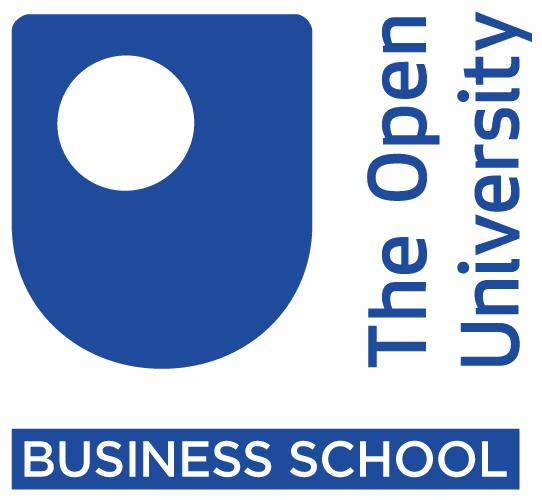For millennials the common misconception of the call centre job as rote and repetitive means snagging one is not usually top of their wish list. However, millennials tend to have all the necessary skills to excel in customer service.
With the evolution of customer expectations, which are now about tailored, personalised service over a more standardised approach, related jobs can be diverse and challenging. Customer contact centres require employees to demonstrate problem-solving skills and exercise judgment in conversations. This helps a business create an effortless experience for the customer and a more energised, positive working environment, providing employees with the opportunity to develop professionally.
CEB research shows that the most effective type of person in a customer-focused role is a 'Controller': someone who is strong-willed, single-minded and confident. These are common traits among the millennial workforce. This type of candidate can bypass the issues that create frustrating conversations between customers and reps, and instead take control of the call to deliver the information the customer needs efficiently and effectively.
Starting out in customer service roles can also be a smart entry-level route into leading organisations, offering a potential springboard to other roles within the company. The contact centre experience provides employees with a comprehensive understanding of company operations, in addition to equipping them with skills that will serve them well for the entirety of their careers.
The customer contact centre can be an incubator for developing good talent, and these candidates can bring real value to a business in the course of their careers if they are given the chance to progress and develop. The CEB research also indicates that Controllers significantly outperform other profiles by a wide margin. As a group, they average out at the 60th percentile of performance compared to 'Empathisers' for instance, who averaged out at the 48th percentile.
Controllers are no harder to find than the typical applicant. Our research found that they are just as likely to accept the typical starting salary of a call centre rep job and are just as likely as non-Controllers to apply for a contact centre job.
By communicating compelling career prospects and opportunities for skills development organisations will attract a greater number of high-quality representatives who can improve the overall performance of the company they join.
This requires firms to do the following:
- Rewrite job postings to appeal to the Controller’s interests, focusing on the opportunity to problem-solve and think creatively.
- Ask questions in interviews and other screening platforms that identify applicants with Controller qualities.
- Make sure the work environment reflects the employee value proposition laid out in the job posting to ensure applicants stay after accepting the job.
Organisations that start attracting and hiring Controllers will find that as millennials join the company they too will see their stereotypes unravel as they begin to view the call centre job as more than just answering the phone. Instead, they will start to see the impact they can have on customers and ultimately the success of the organisation.
Lara Ponomareff is customer contact practice leader at CEB









